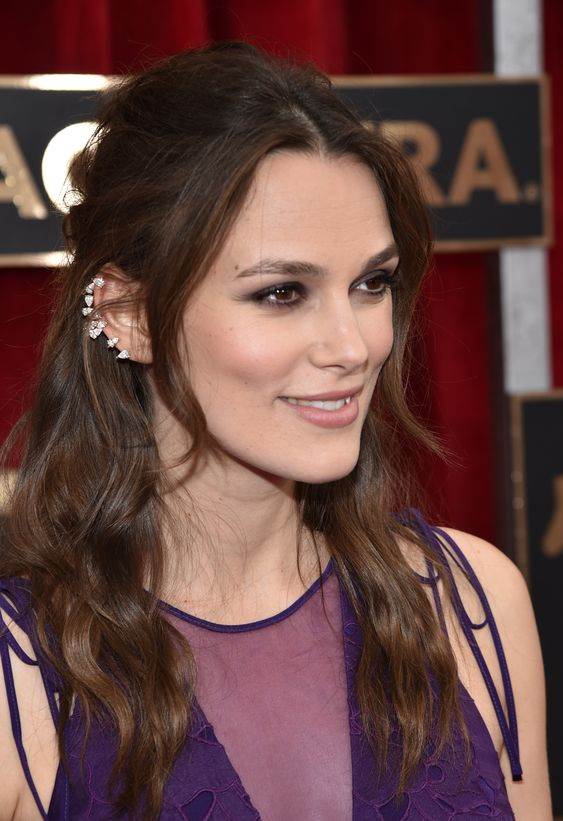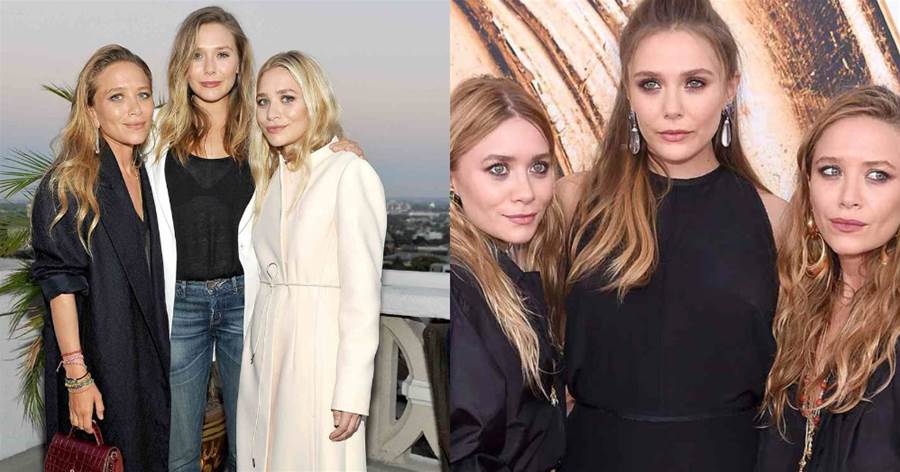
Monique, a popular comedian and actress, has criticized Taraji P. Henson, a well-known actress, for allegedly being excessively loyal to Oprah Winfrey. Monique accused Henson of taking on the role of Winfrey's "lap dog" and being controlled by her.
Monique's comments came during an episode of her podcast, where she discussed the entertainment industry and the power dynamics within it. She specifically focused on Henson's relationship with Winfrey, implying that Henson is willing to do anything to please Winfrey, even if it compromises her own authenticity and independence.
The term "lap dog" used by Monique suggests that Henson is submissive to Winfrey, obediently following her instructions without question. Monique believes this subservience is destructive for Henson's career, as it does not allow her to showcase her true abilities and make her own choices.
Monique's criticism of Henson is not limited to their personal relationship but also extends to how Henson presents herself in public.
The article is not finished. Click on the next page to continue.








